How to tell if something is wrong down there?
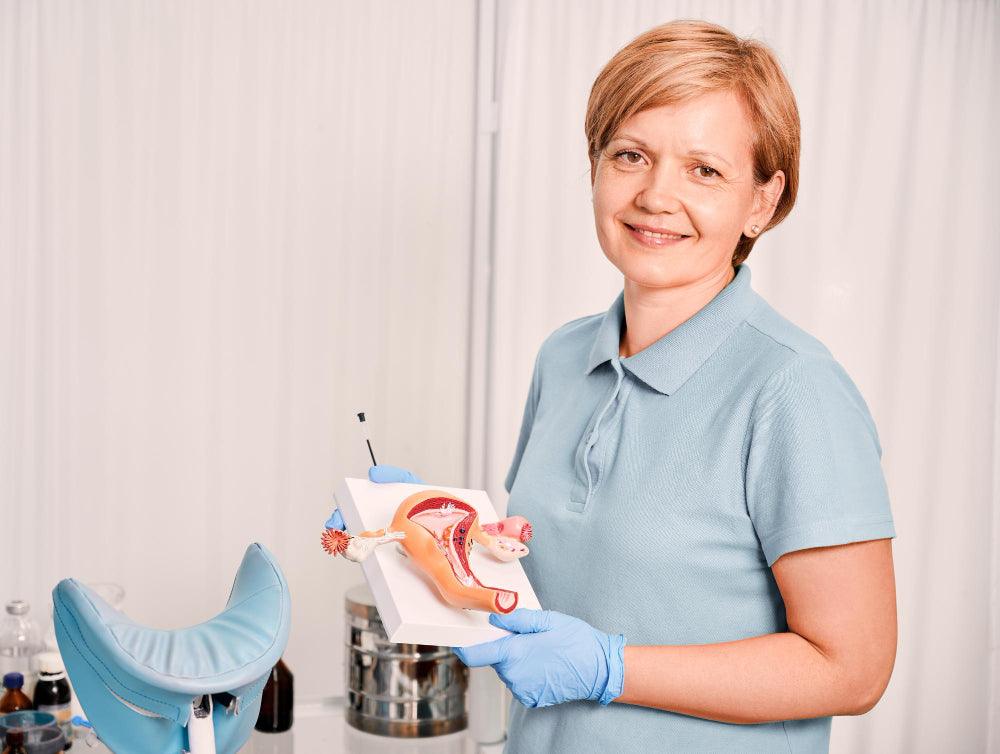
Related products
What’s covered?
How to tell if something is wrong down there?
An overview
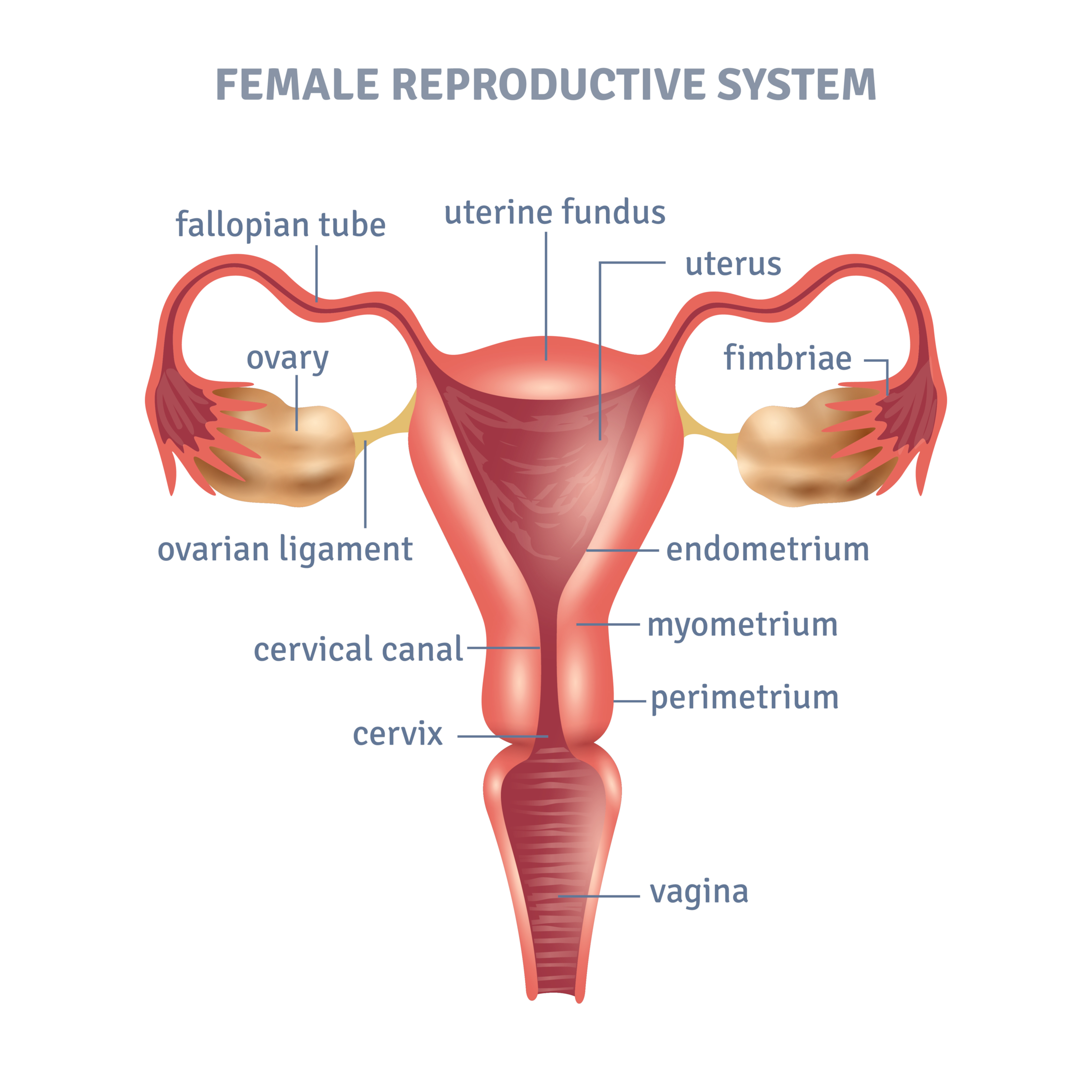
Women's general health, particularly vaginal health, is very important as it can affect your fertility, sex desire, and the capacity to orgasm when vaginal issues occur.
Consistent vaginal health difficulties can lower self-confidence and increase stress, leading to anxiety and depression. You can take care of your vagina by knowing the symptoms to determine if there is something wrong.
Risk factors for vagina infections
The vagina is like an open canal; microorganisms can travel inside the uterus through the vagina. These bacteria then cause vaginal problems. The following are some reasons which alter your normal vagina flora.
1. Sexually Transmitted infections
Sexually transmitted infections can develop from unprotected sex. Vaginal trauma can be brought on by intercourse that is too forceful or by a pelvic injury.
Some ways around this issue include wearing a barrier protection method, such as a condom, or continuing to be in a monogamous relationship with a partner free from sexually transmitted infections. If you use sex toys, make sure to clean them right away.
2. Health conditions
Certain medical problems, such as endometriosis and pelvic inflammatory disease, may impact your vagina.
Cancer treatments and scars from pelvic surgery can sometimes make sex painful. Several antibiotics that cause vaginal issues also raise the likelihood of a vaginal yeast infection.
3. Multiple pregnancies
Vaginal discharge frequently gets worse during pregnancy. During labour, vaginal fissures are highly prevalent. In some circumstances, an episiotomy—an incision made in the tissue around the vaginal entrance during childbirth—is required.
Additionally, vaginal delivery can make the vaginal muscles less toned. All these conditions can lead to vaginal infection.
4. Hormonal Imbalance
The vagina may be impacted by changes in hormone levels. For instance, breastfeeding and menopause both cause a decrease in oestrogen production. Vaginal atrophy, which makes intercourse uncomfortable and causes burning discomfort, can be caused by oestrogen loss.
5. Anxiety and depression
Low interest during sex can be caused by anxiety and depression, which can also lead to painful sensations or discomfort. Stress can also cause hormonal imbalances, which are linked to vagina pain.
6. Bacterial vaginosis (BV)
Bacterial vaginosis occurs when there is a disturbance in vaginal bacteria. This can occur due to various conditions, like the use of certain antibiotics. BV may be related to yeast infections. The presence of a fishy odour and a shift in discharge may indicate bacterial vaginosis. Within a week, if you feel you have BV, you should be able to address your symptoms. Otherwise, it may lead to further complications.
Symptoms related to Vaginal issues
There are certain symptoms which indicate problems in your vagina. If you notice these problems in your vagina, you should visit a sexual health clinic to seek medical attention.
1. Vaginal itching
There are numerous disorders that might cause vaginal itching. Chemical irritants, including those included in scented soaps, may be a reason for itching and discomfort. Other conditions, such as a yeast infection, bacterial vaginosis, or a sexually transmitted infection (STI), may also cause itching. The mucous glands found in the vagina are affected by various hormones that decrease vaginal discharge and result in an itchy vulva.
2. Vaginal dryness
When the layers in your vagina are thin, dry, and poorly hydrated, it results in vaginal dryness. This causes discomfort, particularly when having sex.
It can occur at any age, especially when oestrogen levels start declining during or after a woman's menstruation.
It can also result due to hormonal changes when the oestrogen levels decline.
3. Lump or cystic swelling
Vaginal cysts can cause some women discomfort during sexual activity or difficulty putting a tampon in.
4. Irregular menstrual cycle
If a woman is experiencing irregular periods, it may be an indication of an underlying problem. This irregularity may be due systemically like hormone change or locally due vaginal infections. Irregular periods may occur due to severe thrush or local oestrogen replacement.
5. Unusual discharge.
You may experience a strange vaginal discharge that is fishy-smelling, thin, white/grey, green, or yellow discharge, or thick and creamy like cottage cheese.
How to keep your vagina healthy?
Keeping the vagina healthy is very important because it keeps you free from diseases and provides comfort during sex. To keep your vagina clean and free from infection, you should follow the following steps.
1. Protected sex
Wear a condom while doing sex or stay in a monogamous relationship. These will lessen your chance of getting an infection. Clean your toys after use if you are using them for sexual satisfaction.
2. Get vaccinated for infection
A vaccine can protect you from HPV, which is a virus linked with cervical cancer. Additionally, Hepatitis infection can also be prevented with the help of vaccines. Hepatitis can damage the liver and reduce the body's immune system.
3. Do Kegel Exercise
The Kegel exercise is performed to strengthen the pelvic floor muscles. These products can help to stop urine leakage through the vagina and reduce pelvic pain.
4. Discuss medication with your doctor
If you are using medication for other health conditions, you should discuss it with your doctor. The doctor will identify the adverse effect of the medicine on your vagina and then guide you accordingly.
5. Avoid alcohol
Sexual function may be hampered by long-term alcohol abuse. Nicotine may have an impact on sexual arousal. Poor physical and mental health may result from substance abuse, which can impact sexual function.
6. Regular check-ups
While not all vaginal issues may be avoided, routine examinations guarantee that issues affecting the vagina are identified as soon as feasible.
Don't let embarrassment keep you from discussing worries you have regarding vaginal health with your doctor.
If you would like to learn more about women's health concerns, read through our Women's Health Hub page, found here.



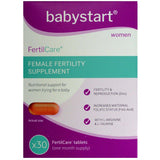








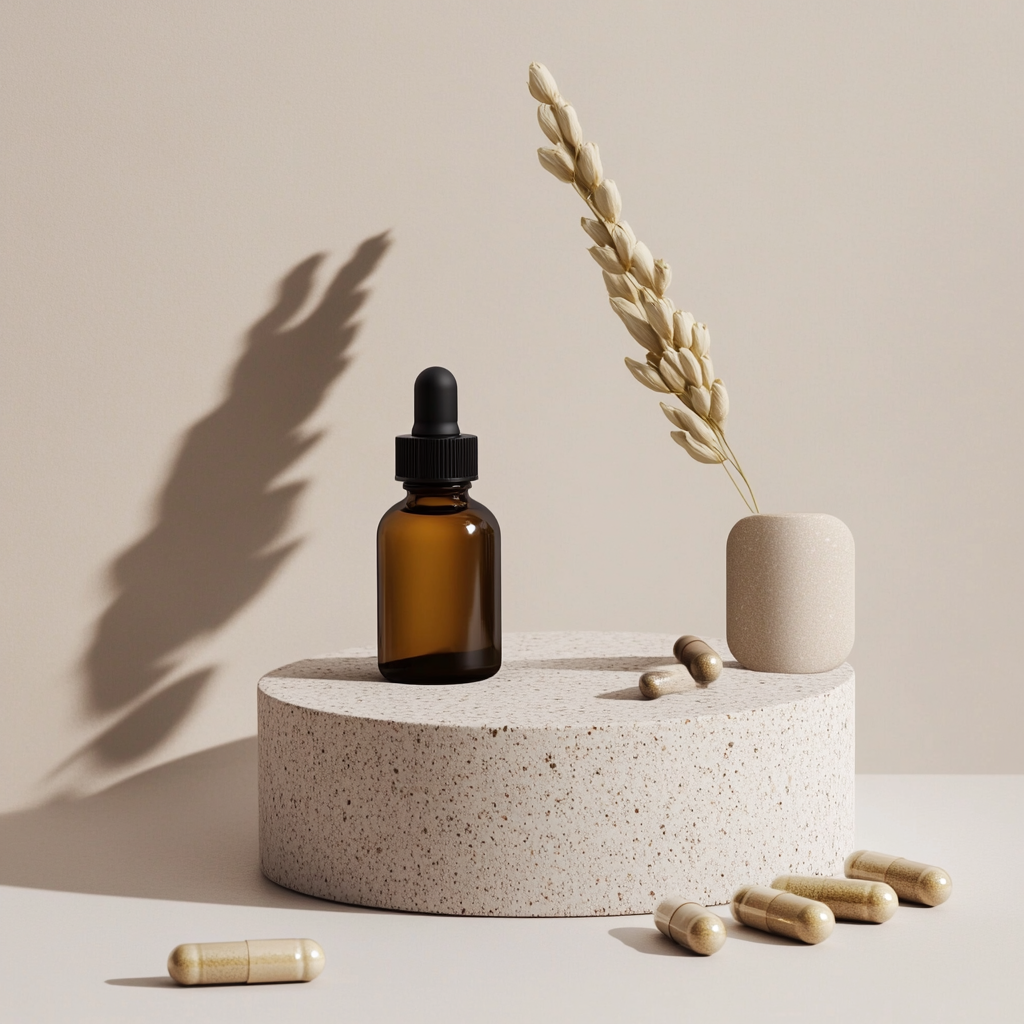










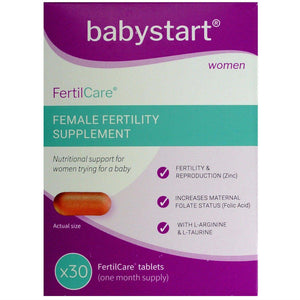







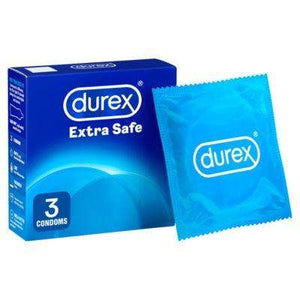









 Rated Excellent by 26,523+ Reviews
Rated Excellent by 26,523+ Reviews